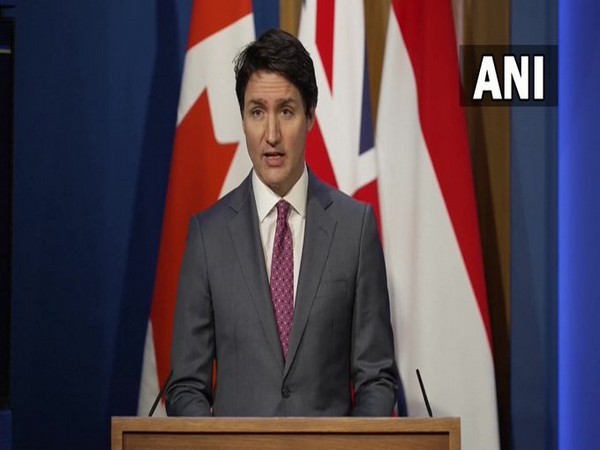Trudeau's Uncertain Path: Resignation Looms Amid Party Pressure
Canadian Prime Minister Justin Trudeau is under increasing pressure to resign following a policy dispute with Finance Minister Chrystia Freeland. Although he hasn't made a final decision, his departure could leave the Liberal Party without a leader amidst an impending election, posing challenges for their future strategies.

Amid mounting pressure and an internal party conflict with former Finance Minister Chrystia Freeland, Canadian Prime Minister Justin Trudeau is reportedly considering resignation, according to a source close to the situation. The potential decision comes as the Liberal Party struggles to maintain electoral viability against a rising Conservative opposition.
If Trudeau steps down, the Liberal Party faces the urgent challenge of appointing an interim leader and organizing a leadership convention—a process that usually extends over several months. During this transitional period, any elections held might see a temporary figurehead as prime minister, an unprecedented scenario in Canadian politics.
While no formal mechanism exists in the Liberal Party to forcibly remove Trudeau, significant internal dissent could sway his decision. Furthermore, procedural strategies within the House of Commons, including delaying opposition measures, offer Trudeau options to temporarily alleviate pressures, yet could incite further party discord.
(With inputs from agencies.)
ALSO READ
Trudeau Under Pressure: Leadership Crisis in Canadian Politics
Austrian People's Party nominates Christian Stocker as interim leader after Nehammer resigns, news agency reports, reports AP.
Justin Trudeau Steps Down: A Legacy of Change in Canadian Politics
Political Shifts: Christian Stocker Steps Up As Interim Leader
Trudeau's Departure: A Turning Point in Canadian Politics










